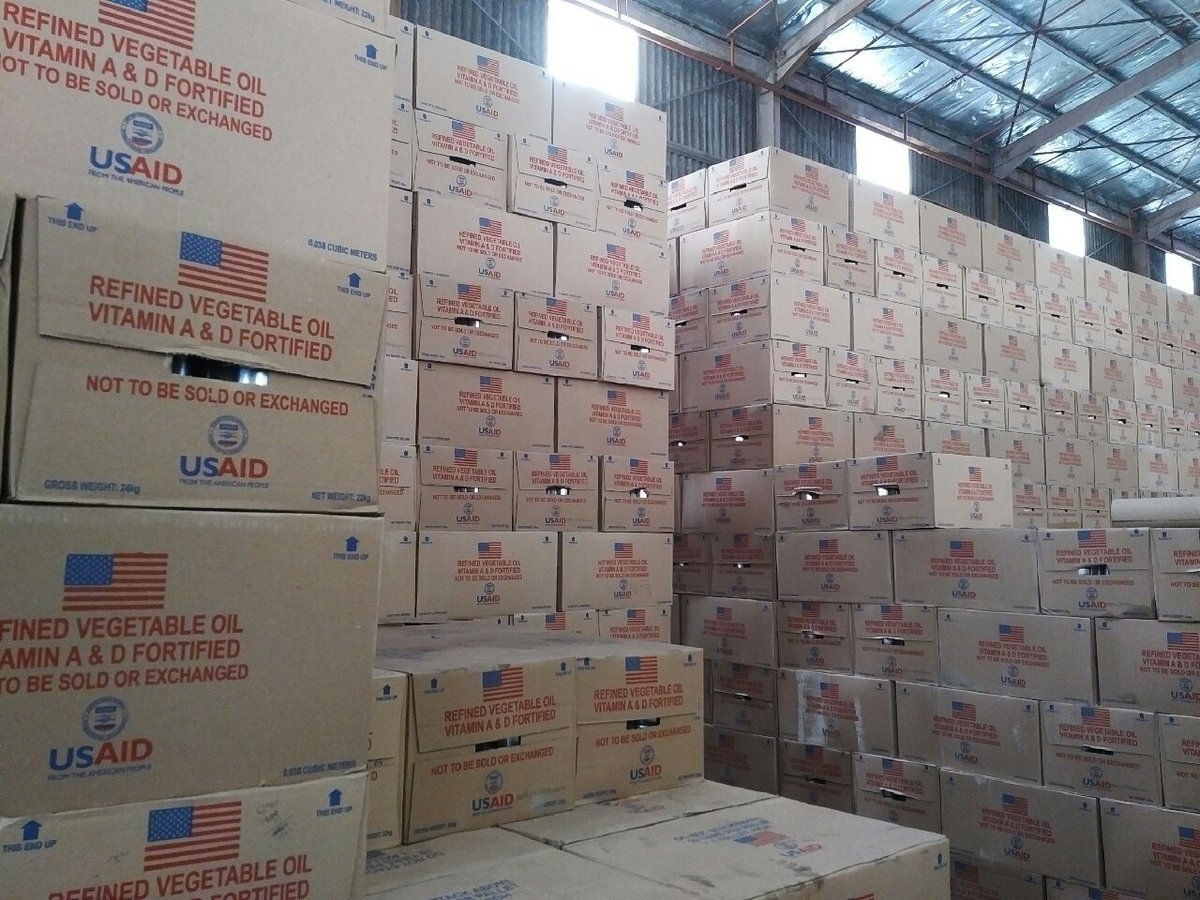USAID/Zimbabwe announces a new Feed the Future activity, Fostering Agribusiness for Resilient Markets (FARM).
The US$19.8 million, five-year contract with Chemonics International will commence in the next few months and will focus its efforts in Manicaland and Masvingo Provinces. FARM builds on the work of Feed the Future Zimbabwe-Crop Development, Feed the Future-Livestock Development, and USAID’s Food for Peace Development Food Security Activities, which will allow FARM to start quickly.

In 2019, USAID’s Feed the Future Crop Development activity reached over 30,000 farmers, who sold crops valued at US$7.47 million. In addition, the Feed the Future Livestock Development activity reached over 4,000 smallholder livestock farmers whose average annual household net income increased significantly.
The average net income for beef producing households increased by 45 percent to US$986 a year, while the average net income for dairy producing households increased by 35 percent to US$2,589 a year. Over the past four years, participating farmers sold crops and livestock valued at over US$45.75 million.
These increased incomes have had a major impact on our beneficiaries, allowing them to provide for their families while improving household nutrition, and building overall resilience.
The Feed the Future Zimbabwe FARM activity will target 20,000 households in Manicaland and Masvingo provinces and provide innovative technical training and assistance to smallholder farmers to increase their productivity, bolster crop and livestock sales, and improve household nutrition and hygiene, ultimately reducing rural poverty and improving household incomes.
“USAID is excited about the innovations the FARM activity will bring, as we assist Zimbabwean farmers and their families to improve their livelihoods and their lives.” said USAID Mission Director Stephanie Funk.
For more than 30 years, the American people, through USAID, have contributed over $3 billion in assistance to Zimbabwe. Current projects include initiatives to increase food security, support economic resilience, improve health systems and services, and promote a more democratic system of governance.






